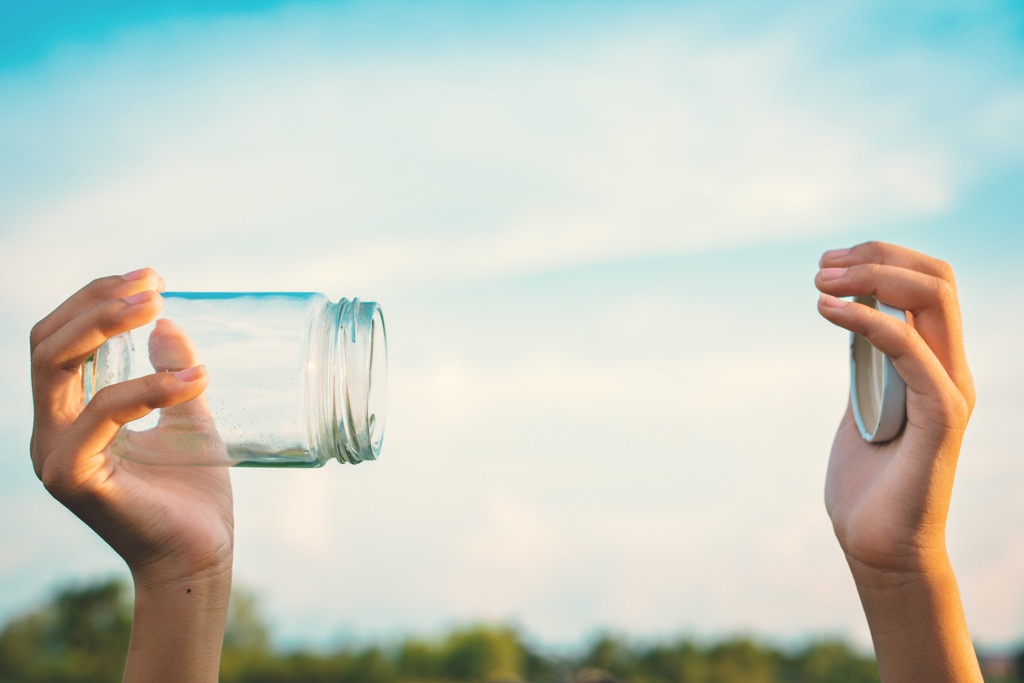EU environmental legislation –challenge and opportunity

The EU’s European Green Deal, which aims to make Europe the world’s first climate-neutral continent by 2050, will build on a broad set of environmental legislation in place. Here are just some examples of the regulatory framework relevant to the pet food industry.
Waste directives
The Waste Framework Directive stipulates that recycling of 65% of municipal waste and 75% of all packaging waste must be reached by 2030. Only 10% of waste m…
Did you think it would be this easy? Nope! Just register. It’s free! Lorem ipsum dolor sit amet, consectetur adipiscing elit. Ut cursus turpis vel cursus ullamcorper. Sed ante mi, finibus eget porttitor a, tincidunt ac dolor. Vivamus ornare semper lorem, consequat commodo lectus elementum vitae. Cras id mattis urna. Donec rutrum dignissim lacinia. Duis ultricies sapien at ipsum tincidunt.
Sed in iaculis elit, sit amet convallis felis. Pellentesque non justo lectus. Donec sollicitudin lorem in sapien euismod varius at vitae mi. Maecenas ut elit ac risus consectetur vulputate. Praesent vel orci ante. Curabitur egestas dapibus nisi ac laoreet. Nullam a lacinia libero, non fringilla nisl.
You’re out of free articles,
register for unlimited access
